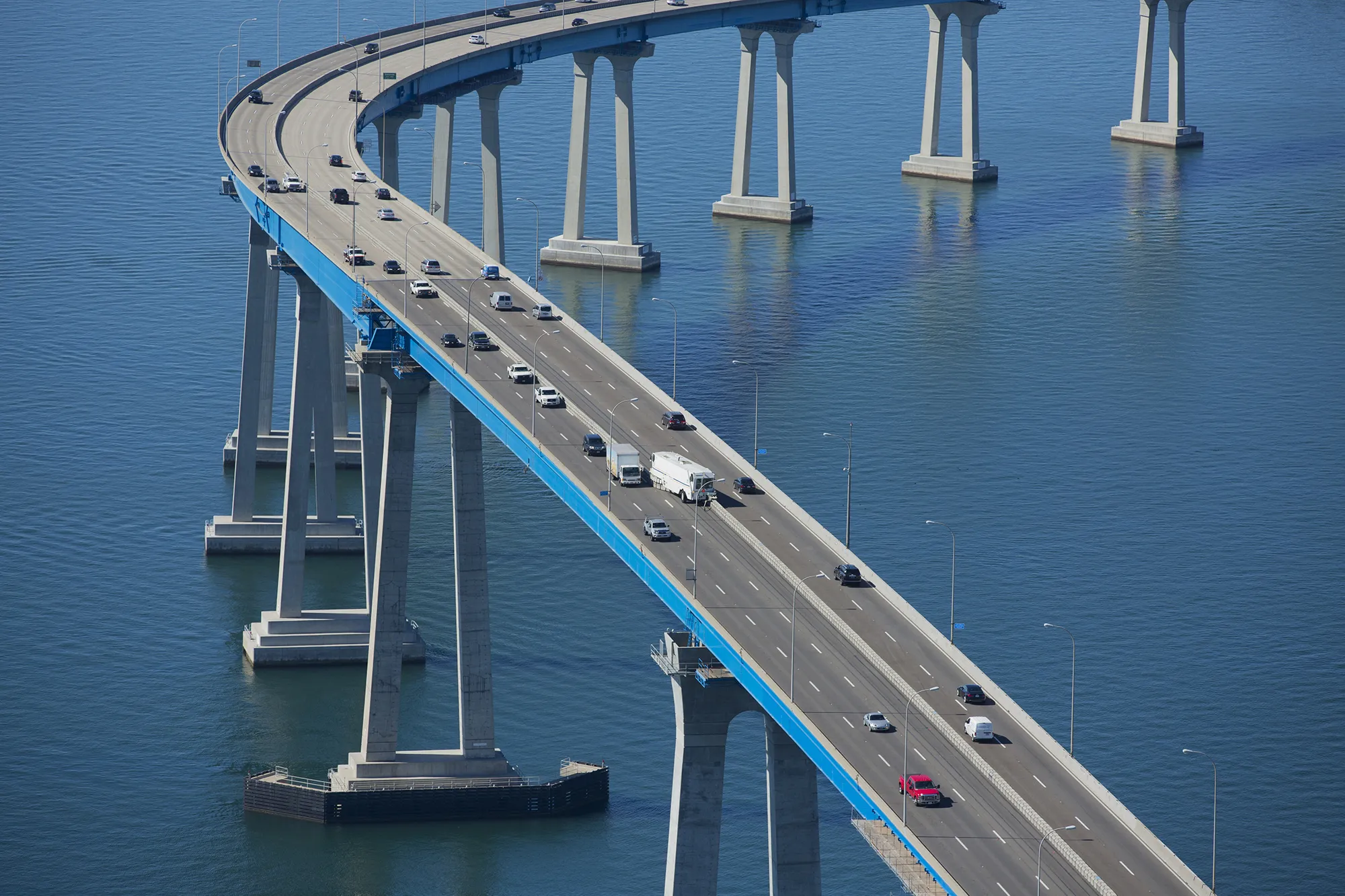Hendrik Wüst, North Rhine-Westphalia transport minister, made the announcement which included around €200 million for road maintenance.
The Federal German government also plans to fast-track planning for infrastructure projects. Bonuses to contractors for improved performance to reduce down-time on construction sites as well as the possibily of a six-day working week are in the pipeline, said Wust.
The moves are part of a strategy to work more closely with the private sector to establish a new trust in the relationships, reported German media. That relationship has soured because of red tape by government authorities which has led to the country’s road infrastructure becoming dilapidated, according to transport critics.
Last year even the
During the recent federal election, federal Chancellor Angela Merkel told voters that the main obstacle to more spending on infrastructure is not a lack of money but poor planning processes. She promised to cut red tape and get projects moving from planning to construction phases much quicker than in the recent past.
A case in point is the heavily-used cable stay A1 Rheinbrücke, an A1 autobahn bridge over the Rhine River that connects the city of Cologne with Leverkusen. The Leverkusen Bridge, as it is often called, was opened in 1965 and by 2012 it was carrying 128,000 cars and 14,000 lorries daily, more than it was designed to carry.
The bridge is just over 1km long and has a main span of 280m. Its width of nearly 32m includes the expansion of its original four lanes to six in the mid-1990s. In 2012, it was also closed to heavy goods vehicles. The closure has added 40 minutes and 30km to the average truck trip as driver’s clog other arterial roads looking for short-cuts.
A new bridge, though, is in the planning stages with completion likely around 2020. Handelsblatt reported that the Leverkusen Bridge is beyond repair and the cost of replacing it is pegged at around €600 million. The bridge is to be replaced at the same location by two bridges, each with five lanes and footpaths on both sides.
Germany to cut red tape for bridge construction up to 2027
The German federal government has set aside €4.5 billion for refurbishment of 400 bridges in the state of North Rhine-Westphalia up to 2027.
Hendrik Wüst, North Rhine-Westphalia transport minister, made the announcement which included around €200 million for road maintenance.
The Federal German government also plans to fast-track planning for infrastructure projects. Bonuses to contractors for improved performance to reduce down-time on construction sites as well as the possibily of a six-day working
October 5, 2017
Read time: 3 mins
The German federal government has set aside €4.5 billion for refurbishment of 400 bridges in the state of North Rhine-Westphalia up to 2027.







